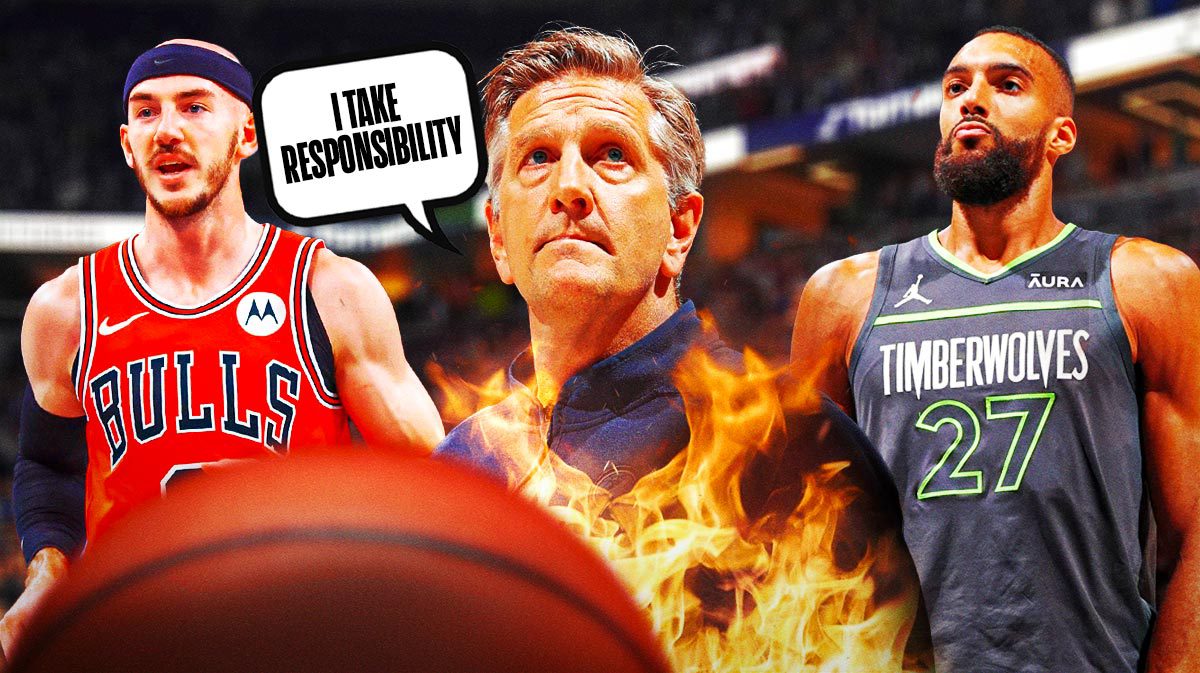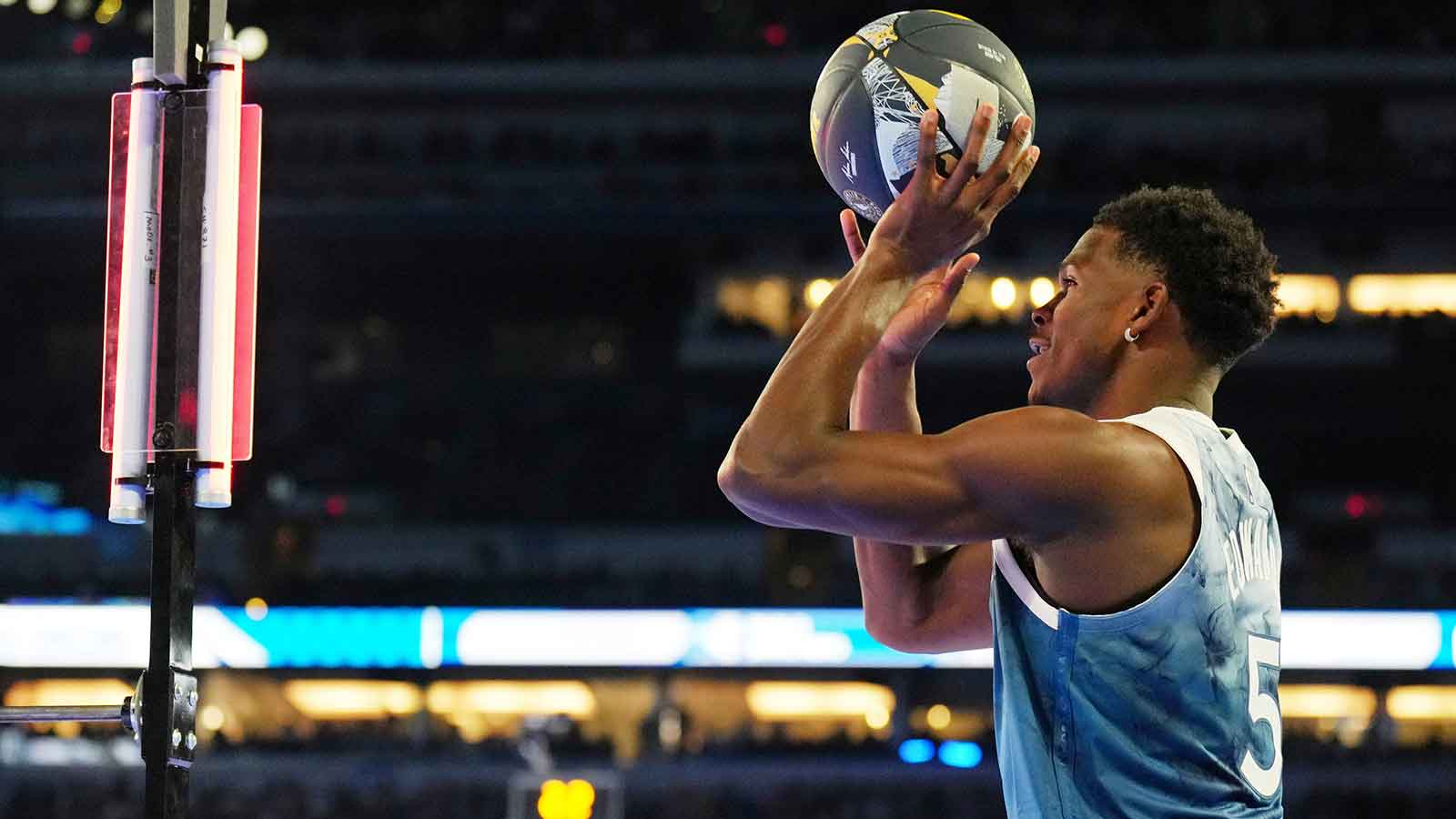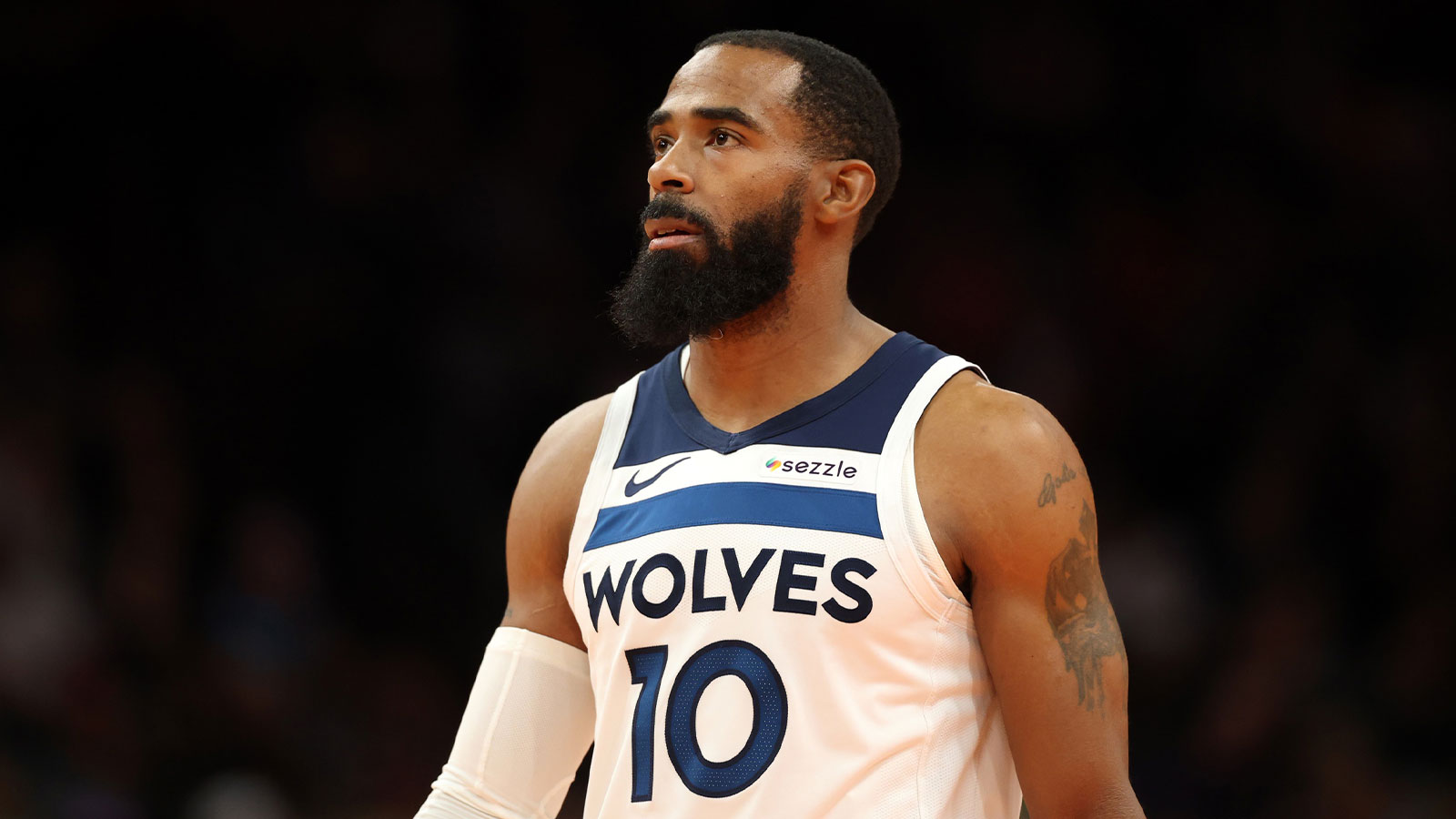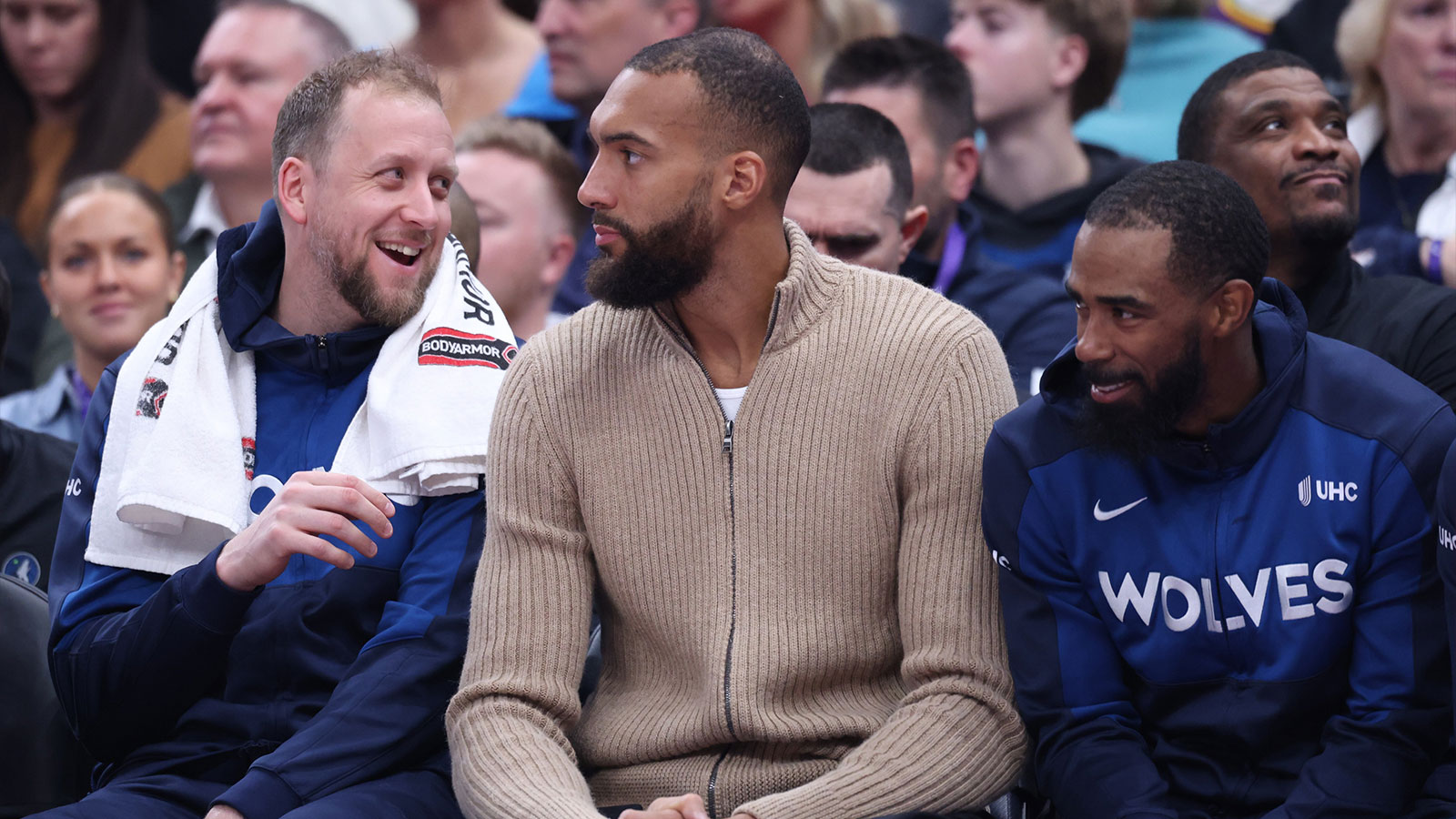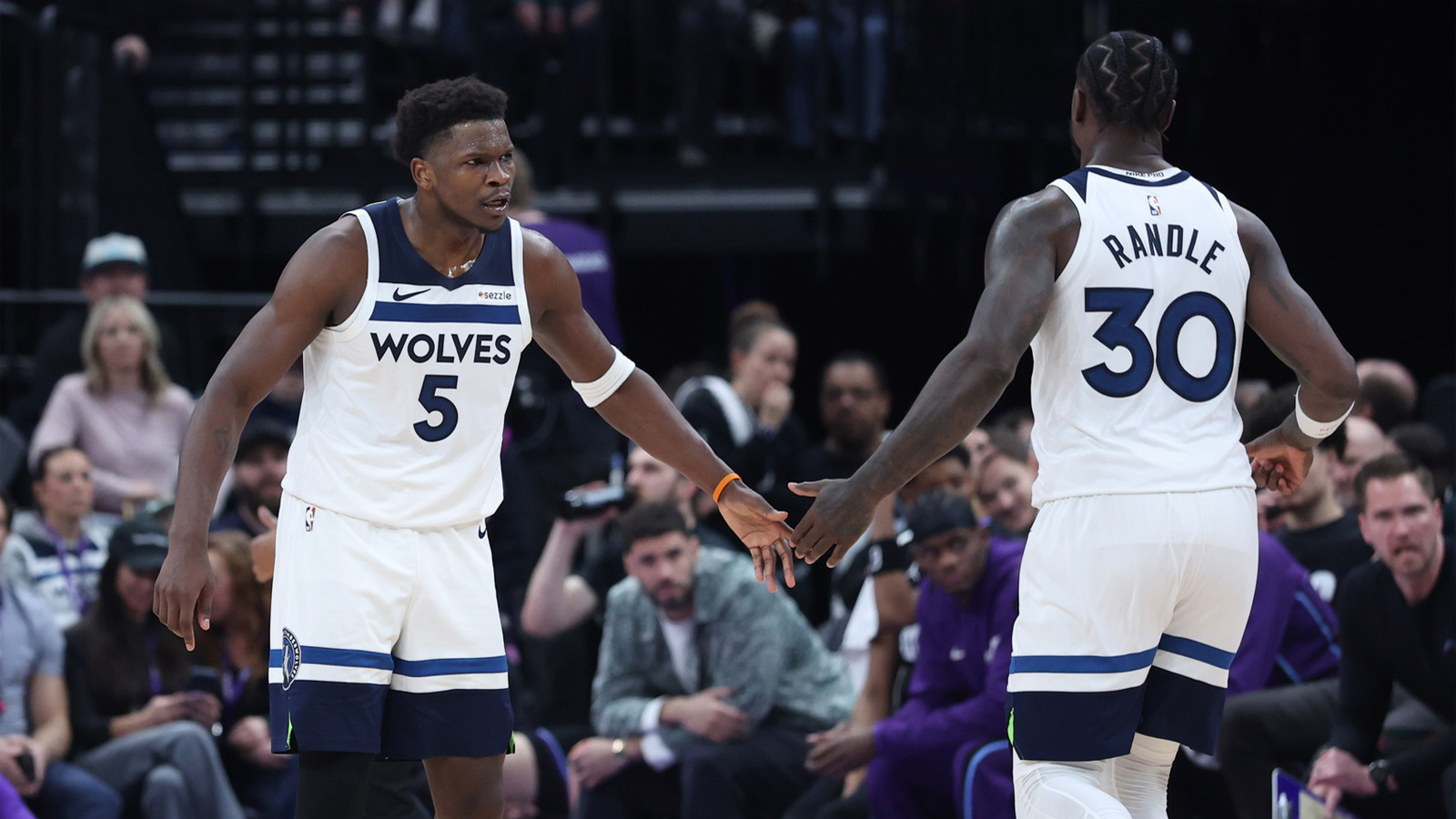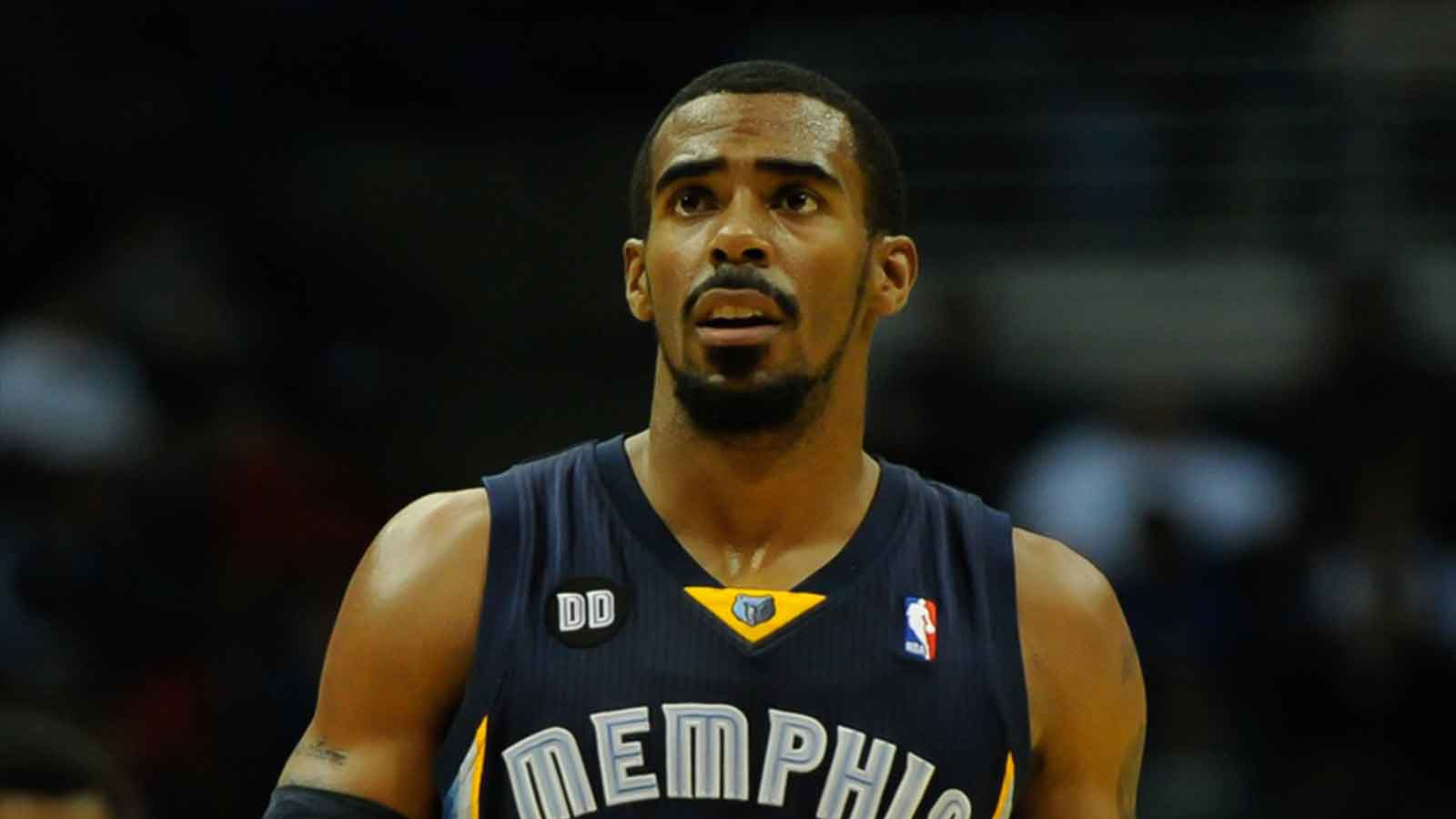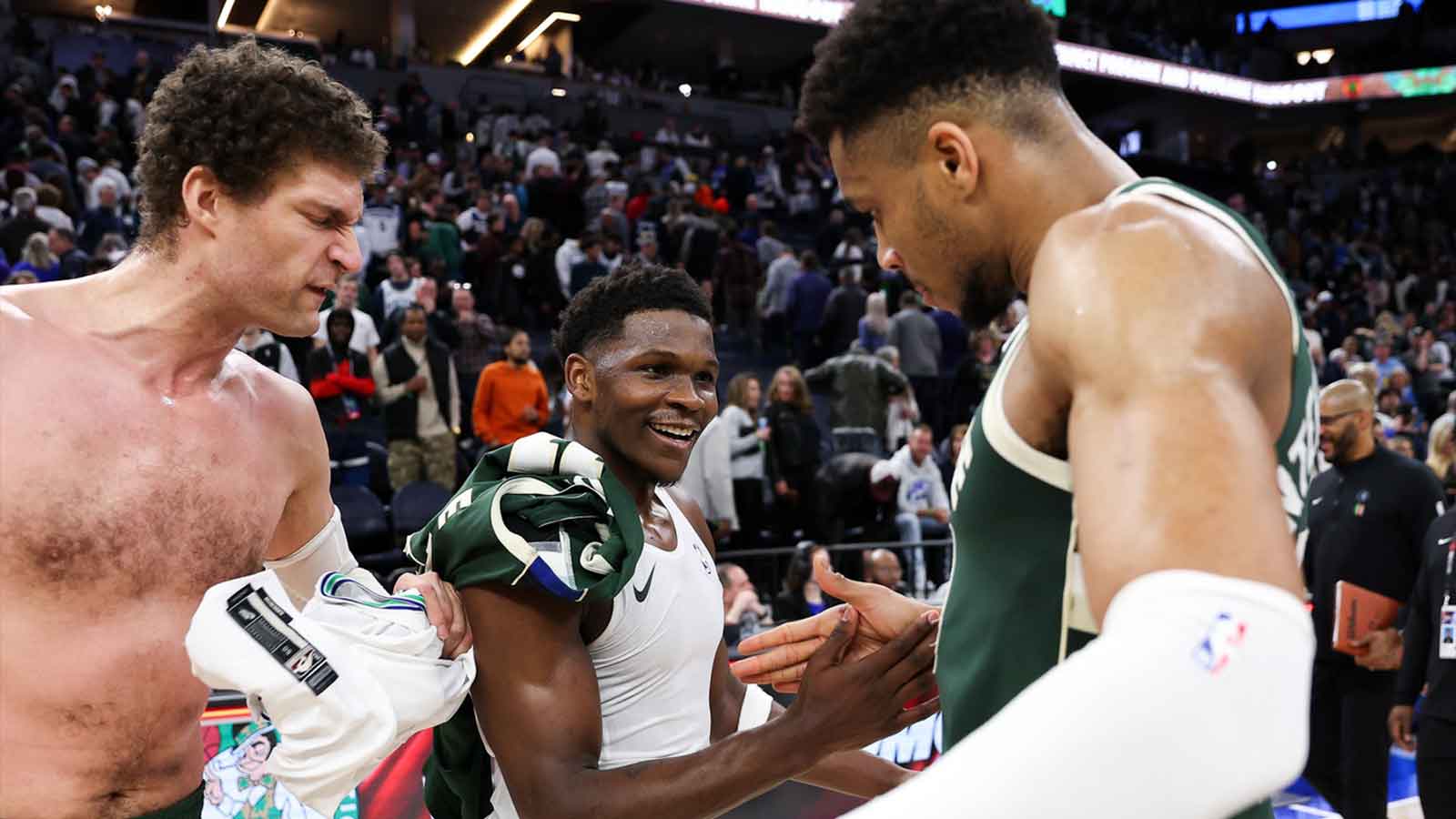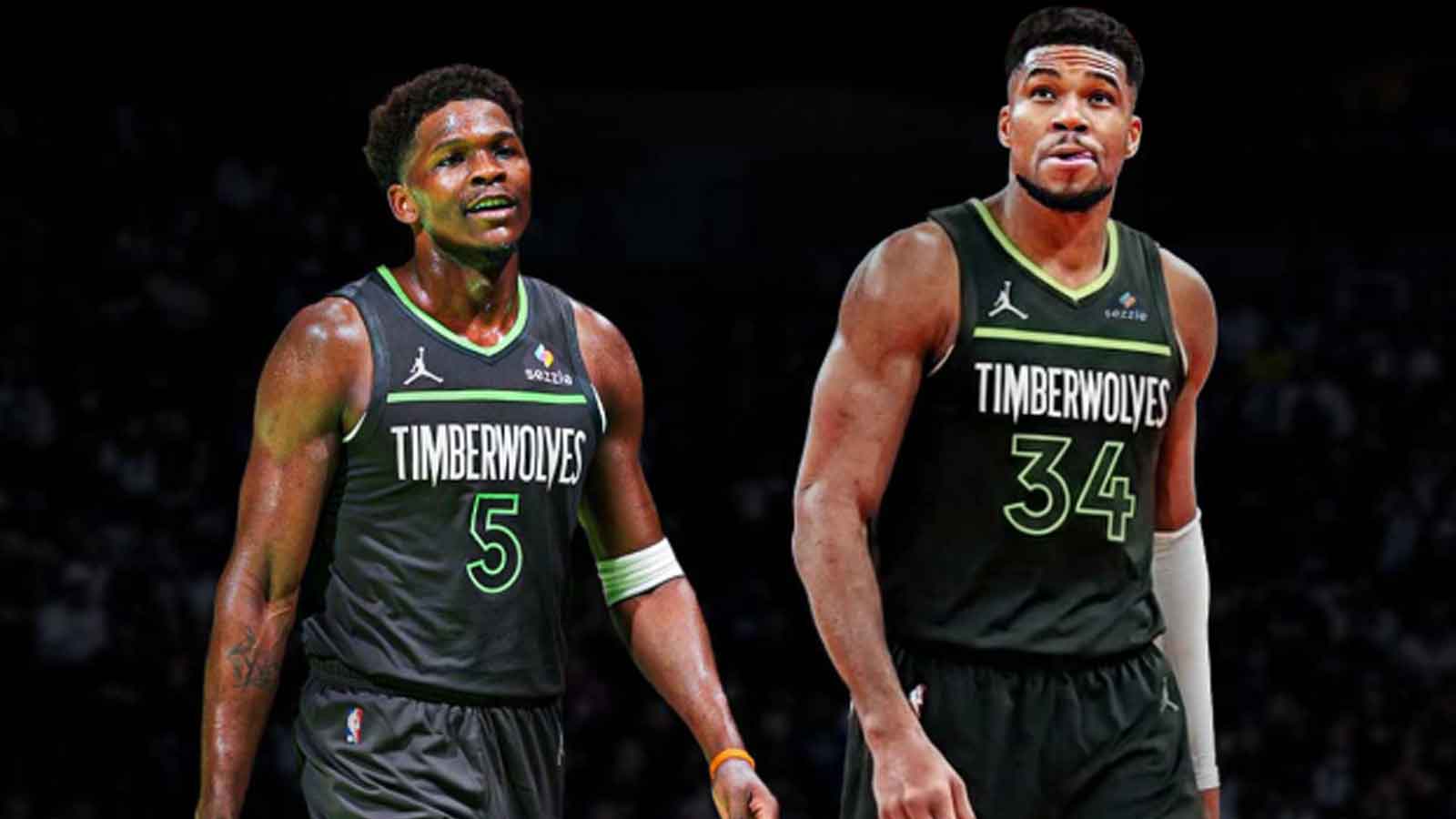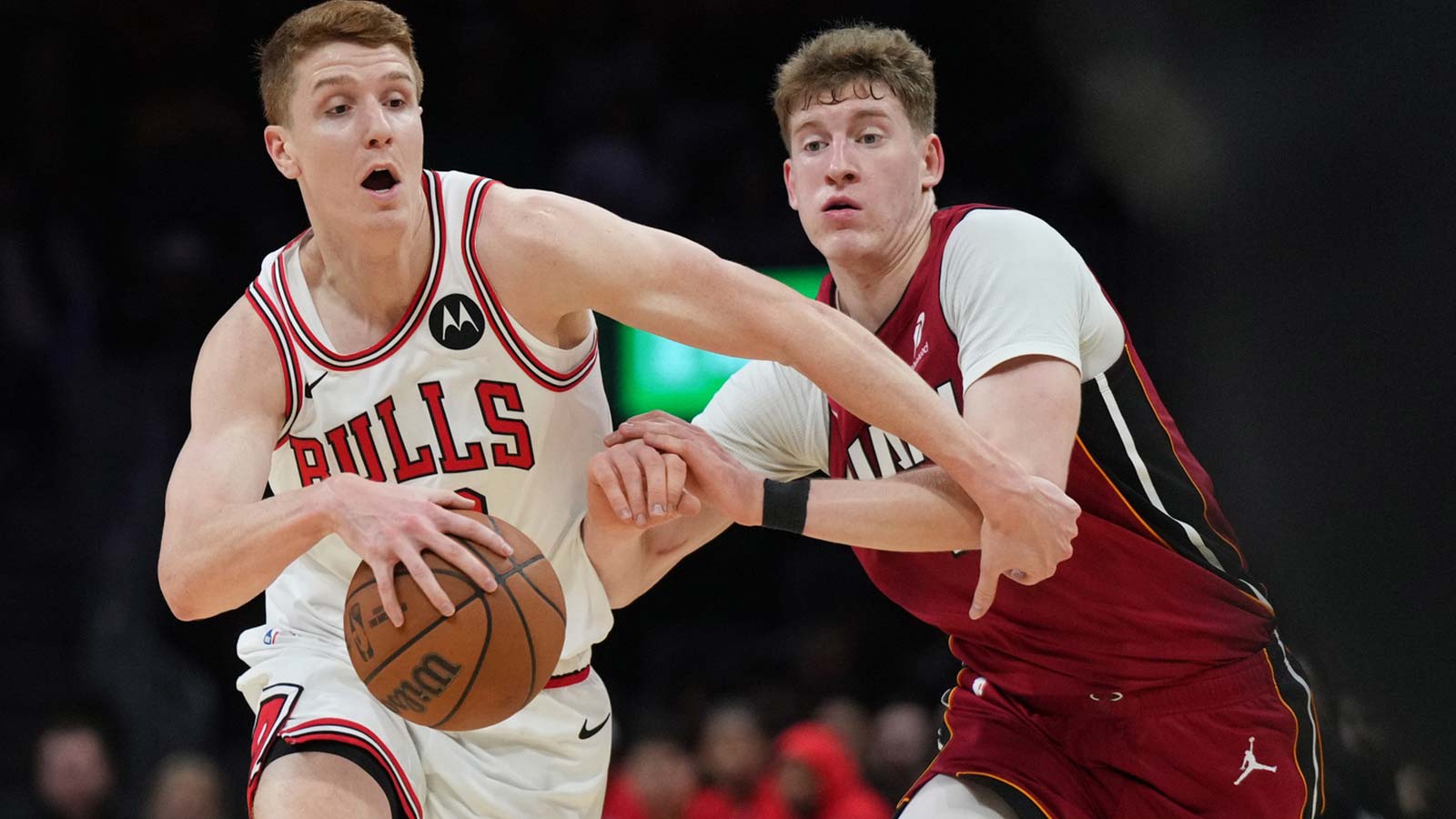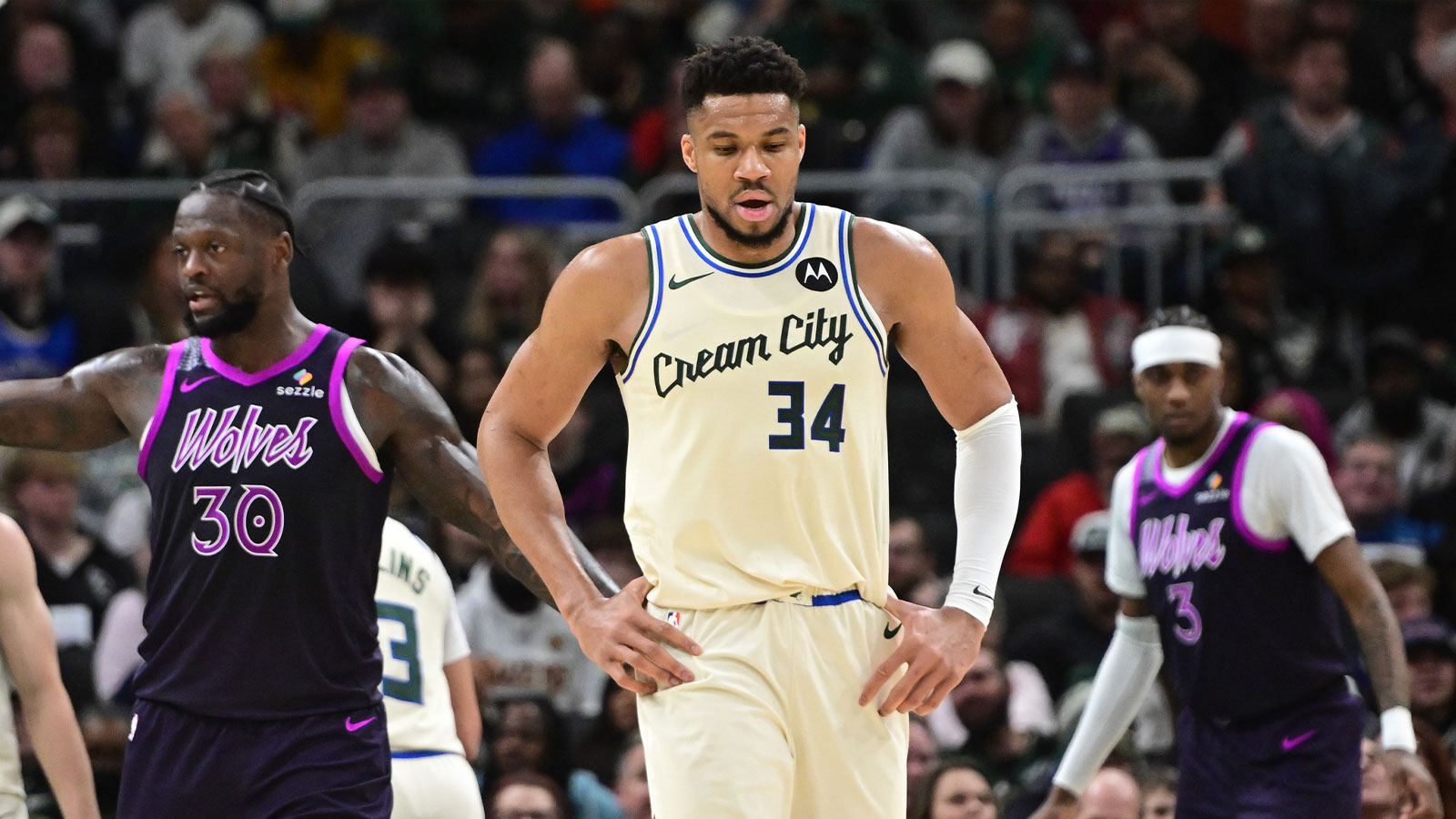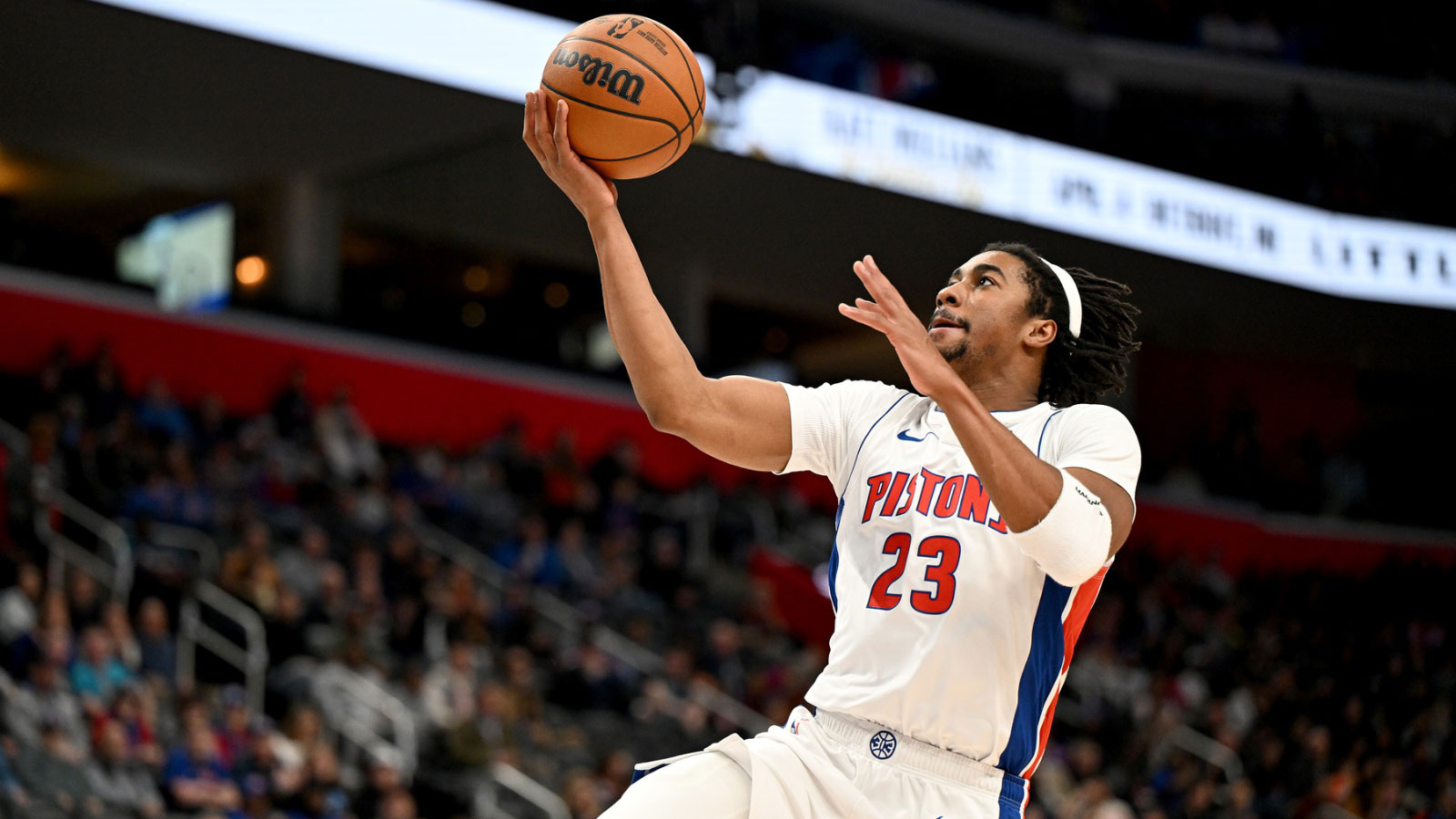The Minnesota Timberwolves had a great opportunity on Sunday night against the Chicago Bulls. A win would clinch the Timberwolves a playoff berth and allow them to keep pace with the Oklahoma City Thunder and Denver Nuggets who both won on Sunday. However, the Timberwolves failed to pull through as Minnesota fell at the hands of the Bulls, 101-109. Chicago’s win meant a season-series sweep for the Bulls in surprise fashion. A bevy of wide-open Alex Caruso three-pointers left Minnesota in the dust early and led to a dejected Rudy Gobert.
Despite the Bulls’ first-half shooting, the Timberwolves were able to roar back in the second half behind timely play from Mike Conley, an improved defensive gameplan, and some strong individual efforts from Gobert and Anthony Edwards. At one point late in the game, Minnesota even climbed back out in front, but to no avail. The Bulls sustained their early rhythm and pulled out the road win. Postgame, Chris Finch took the blame for the loss and pointed to the consequences of the Wolves’ poor start. Let’s dive into Finch’s thoughts and the team’s unfortunate home loss.
Chris Finch takes the blame
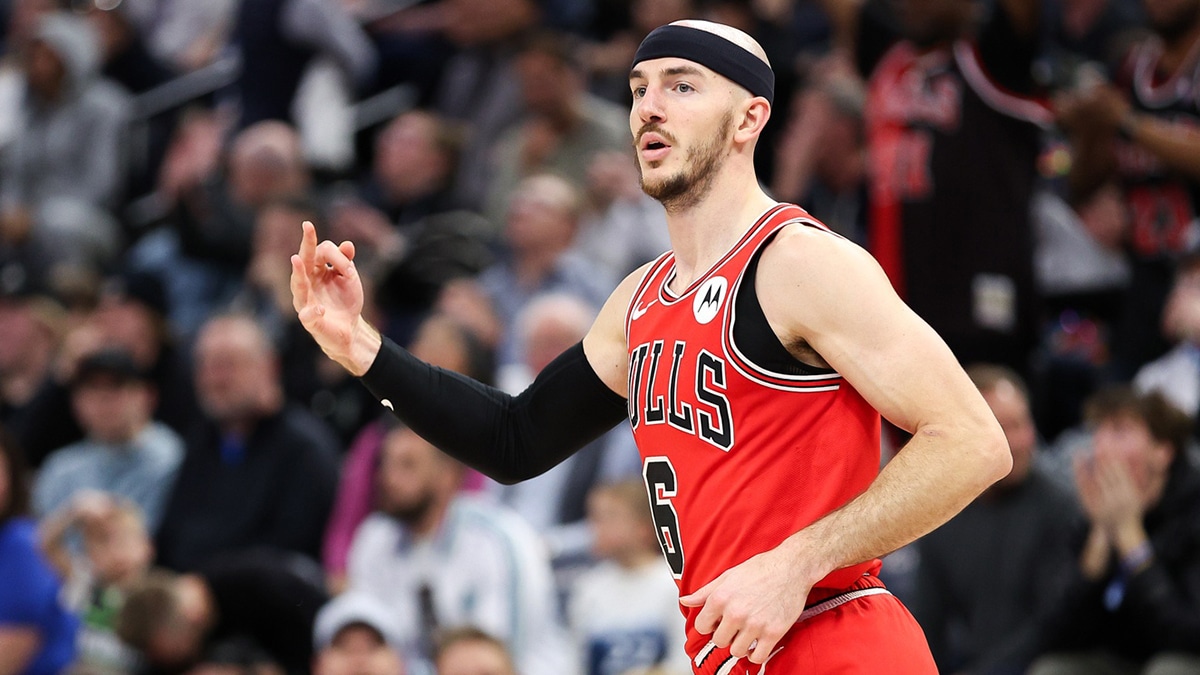
During postgame media availability, the Timberwolves’ coach was asked what went wrong defensively early on.
“In the first half in particular, we got the gameplan wrong, you know, so I’ll take responsibility for that.”
While Finch’s words don’t make the loss sting less, Minnesota’s head coach taking accountability paints a strong picture of the Timberwolves’ culture. A team that values hard work, attention to detail, and accountability see those exact qualities from the top down of basketball operations.
Postgame, ClutchPoints asked Timberwolves’ defensive anchor Rudy Gobert about Finch taking the blame for their first-half struggles. Gobert’s response gave a good look at the confidence he has in his coach.
“I think that’s leadership. You’re able to hold yourself accountable, like I hold myself accountable every day, and that’s great that Finchy’s able to do that. Obviously, it’s not just one thing that made us lose this game.”
Gobert ended by sharing the importance of trusting one another even as mistakes happen. After Alex Caruso’s fourth first-quarter three, the Wolves’ center was clearly discontent with how Minnesota’s defense was handling the Bulls at the point of attack.
However, by putting his pride to the side, Finch gave the Minnesota Timberwolves their best chance to win by quickly changing course on the gameplan in the second half behind some pivotal halftime adjustments.
Timberwolves’ second-half adjustments vs. Bulls
After allowing 64 first-half points on Sunday night, the Minnesota Timberwolves set out to slow down the Chicago Bulls in the final 24 minutes. Minnesota did exactly that as Chicago mustered just 45 second-half points. The Wolves’ biggest change on the defensive end came through the amount of help and gap defense they were showing on Bulls’ dribble-drive penetration.
In the beginning of the game, Minnesota was completely abandoning their perimeter matchups by digging in on drives and over-rotating toward the basketball. In an effort to shut down driving lanes and generate turnovers, Minnesota found their shell defense to be porous. These decisions led to the Wolves’ off-ball defenders being too far out of position to effectively close out shooters.
AC knocks down his 4th triple of the game! 🔥@NBCSChicago | @ACFresh21 pic.twitter.com/UshOWZMFeg
— Chicago Bulls (@chicagobulls) March 31, 2024
The above clip is a perfect example of Minnesota over-helping on dribble drives. Kyle Anderson lost track of Alex Caruso as DeMar DeRozan attacked Rudy Gobert downhill. Caruso’s lift up from the break to the wing left him completely unguarded. This became a consistent trend as the Bulls shot an impressive 17-30 from three on the night.
In the second half, the Wolves tightened up both their point-of-attack defense and help-side positioning. Trusting their elite perimeter defenders one-on-one for longer stretches, playing in passing lanes, and only helping in when completely necessary.
Anthony Edwards on-ball defense + Mike Conley steal, leading to the Rudy Gobert transition dunk assisted by Naz Reid
Great two-way sequence pic.twitter.com/Mk8JiQYa73
— Timberwolves Clips (@WolvesClips) March 31, 2024
In the second half, Minnesota was able to force Chicago into turnovers and contested two-pointers by reverting back to their more typical playstyle. While the loss is punishing given their playoff-seeding race, the Timberwolves still have a lot to learn about themselves. Using these final few games of the regular season to test defensive coverages, play in rotations, and try new things is not a bad idea. With a well-established defensive identity, the Timberwolves have earned the chance to add a few wrinkles in the final weeks of the regular season.

